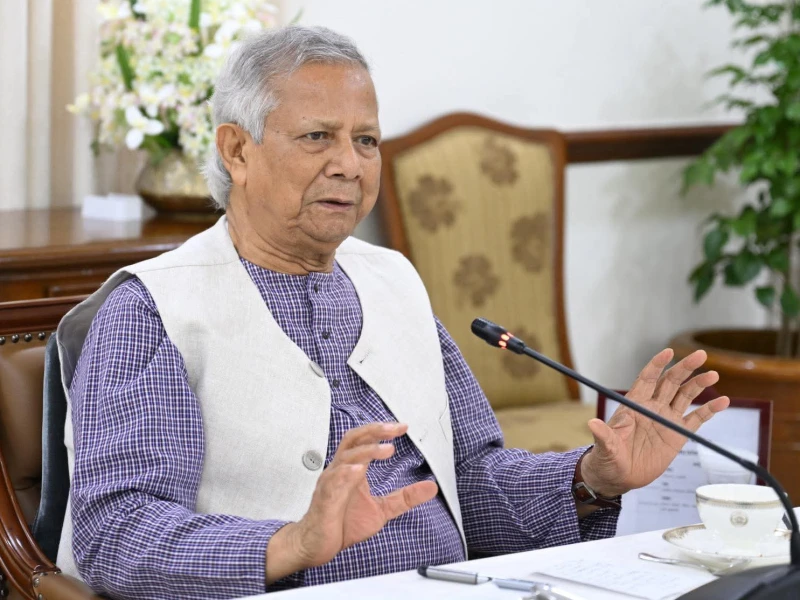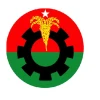The National Consensus Commission is set to submit its recommendations to the government on implementing the July National Charter on Tuesday noon at the State Guest House Jamuna, in the presence of members of the Council of the Advisers.
The commission held its final meeting on Monday afternoon at the same venue, chaired by Chief Adviser Prof. Muhammad Yunus.
Attending the meeting were Commission Vice President Prof Ali Riaz, members Justice Md Emdadul Haque, Dr Iftekharuzzaman, Dr Badiul Alam Majumdar, Dr Md Ayub Mia, and the Chief Adviser’s Special Assistant Monir Haider.
During the session, Prof Yunus emphasized the importance of preserving all documents, videos, audio recordings, and photographs related to the commission’s work from its inception to the finalization of the recommendations.
These are invaluable assets,” said the Chief Adviser. “As a nation, we must preserve and make accessible the entire process that led us to these decisions. All meeting photos, videos, and correspondences should be systematically archived. Television discussions aired live should be preserved in segments. These materials will serve as enduring historical records for future generations and researchers,” he added.
Prof Yunus also expressed gratitude to political parties, commission officials and staff, researchers, and journalists for their cooperation and contributions throughout the process.
At the closing meeting, the commission finalized the roadmap for implementing the July National Charter and urged the government to take steps toward executing the recommendations of other reform commissions as well.
The National Consensus Commission has worked to lay the foundation for a permanent, accountable state in Bangladesh,” said Vice President Prof Ali Riaz. “Based on consultations with political parties, legal experts, judges, academics, and civil society representatives, the commission has finalized the recommendations for implementing the July National Charter.”
He noted that the July 2024 mass uprising created a unique opportunity for structural reforms in justice, governance, and elections. “Despite differences, the political parties showed a genuine desire for reform and extended full cooperation. The commission prioritized reforms so that people can see the change they aspired to. Our formal work is complete, but as citizens, we remain ready to assist the government if needed,” Riaz added.
Election Reform Commission head and member Dr Badiul Alam Majumdar said, “The successful implementation of the July Charter will require the government’s commitment and courage. The sacrifices made during the mass uprising must not go in vain.”
Justice Md Emdadul Haque observed that the unity seen among political parties during the uprising was also reflected in the commission’s discussions, describing it as a “positive and hopeful” sign.
Police Reform Commission head Safar Raj noted that, “For the first time, political parties engaged in patient and constructive dialogue. We hope this spirit of cooperation continues.”
Anti-Corruption Commission Reform Commission head Dr Iftekharuzzaman urged the government to move decisively on both the July Charter and anti-corruption reforms.
Chief Adviser’s Special Assistant Monir Haider added, “Every martyr’s family we spoke with told us the same thing — that their loved ones’ sacrifice will only have meaning if the promised reforms are implemented. They are the foundation of this movement.”
The National Consensus Commission will formally hand over its recommendations on the implementation of the July National Charter to the interim government at 12pm Tuesday at the State Guest House Jamuna.


 Prev Post :
Prev Post :
